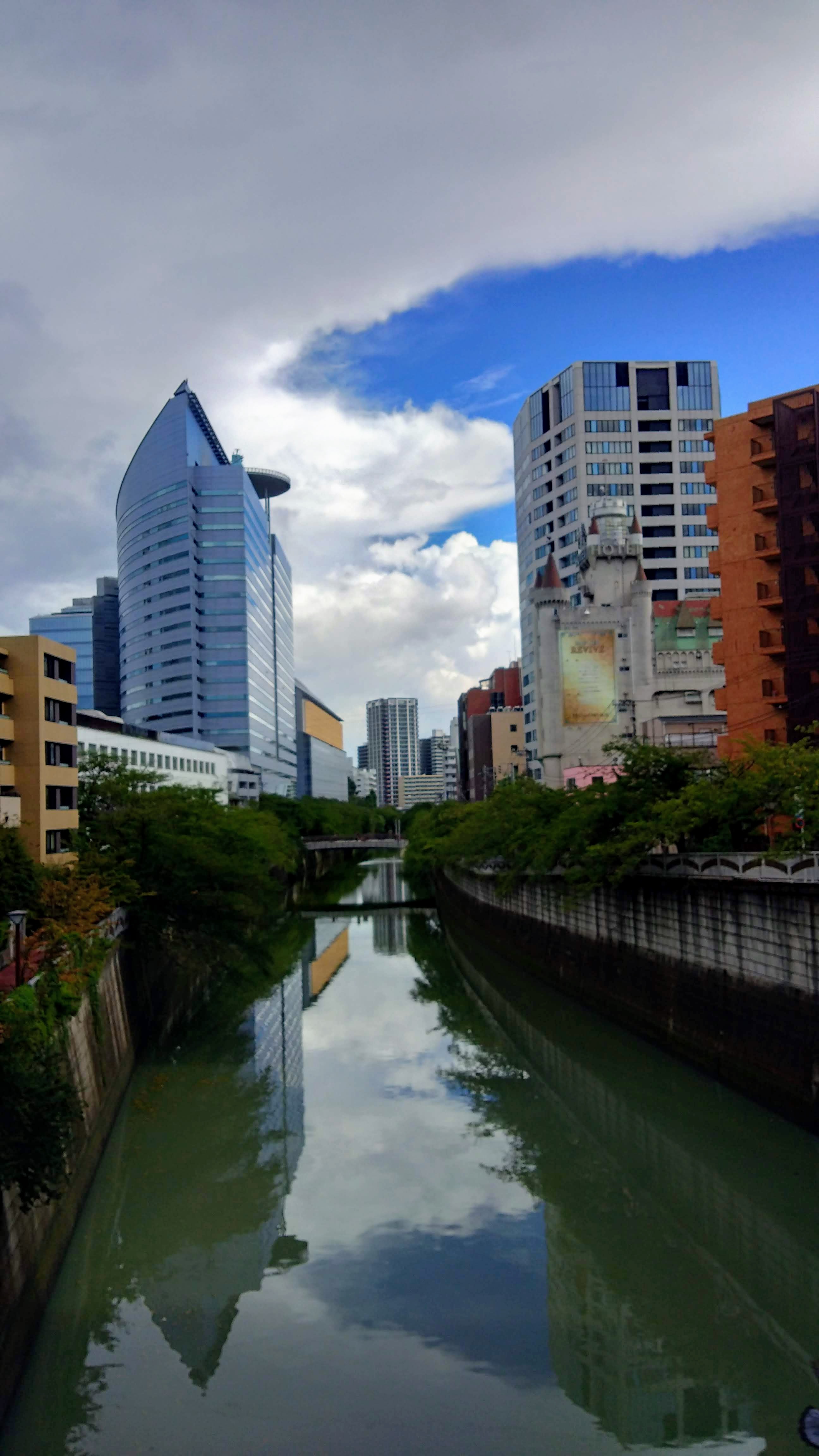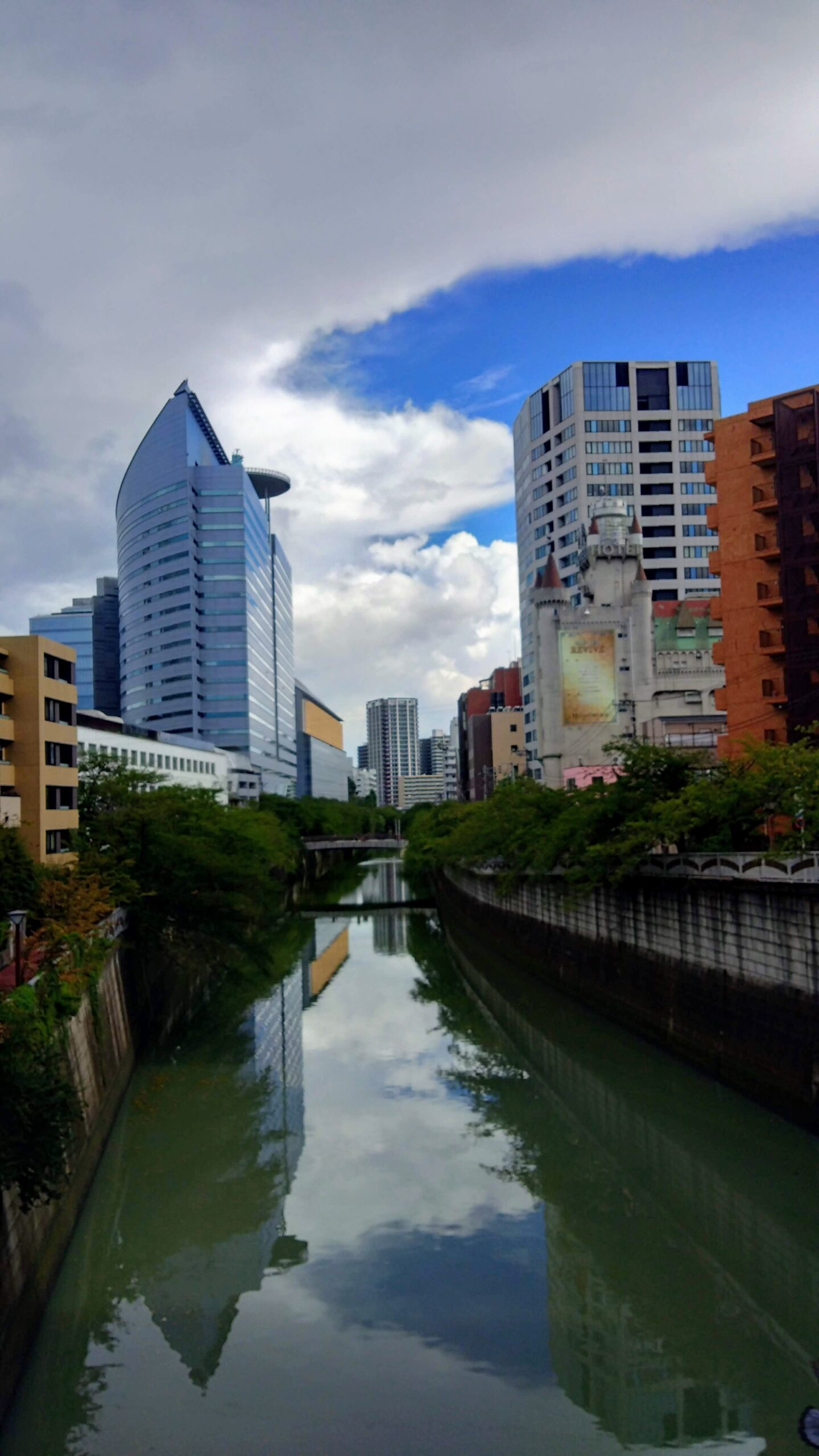“Covid-19 in Japan? Where? The pandemic’s over!”
It’s a morbid joke some of my friends and I have taken to saying these days, in part to lighten the situation and to express our frustration.
We get it, of course. If people stopped going to work, the econnomy will collapse. At the same time, there’s the sense of frustrated resignation that at this rate we’re all gonna get it.
Things are, more or less, the same. Classes continue like normal, from morning to late afternoon, and our school still has Saturday classes and club activities.
It’s autumn now, and the weather is see-sawing between sunny and really cold.
One thing I do look forward to is Halloween. Nothing major’s gonna happen, and the Shibuya Parade is certainly (thankfully) cancelled this year.
But it’s a holiday to look forward to, and although I watch horror on a regular basis, it’s nice to have some plans for the self (and Netflix will be dropping some highly anticipated shows and movies that time!)
Right now, there’s not much we can do except be cautious on the train (near impossible) and, well, everywhere.
There are several things, though, that I, as a foreigner, have to constantly keep in mind here during the coronavirus situation.
I don’t have any immediate family here.
The closest relatives I know live in northern Japan…somewhere…but I had never met them before and they’re my father’s distant cousins. It’s not like back home where I have my family, close friends, and relatives I can ask for help. I have to always keep in my mind that my circle here is very small, and that I can’t expect to be someone’s priority here. Even though there is support from JET, there are many JETs here, so I can’t throw caution to the wind and just do whatever I want and expect someone to be there to hold my hand and take care of me when/if things go bad. I have to take care of myself.
Real-time information is hard to get when you don’t know the language.
My Japanese still isn’t very good although I can understand some phrases and sentences beyond the basic greetings. Still, in emergency situations, most of the information will be in Japanese. Obviously. Which is why it reminds me that a) I have to get better at Japanese, and b) I might leave Japan a few years into the future to find for a country where I can speak the language well.
A fellow Filipino JET’s Japanese fiancé is currently working on finding a way to better help foreigners with general security-related information here, so that will hopefully make things easier in the future.
Always have money on hand.
Nobody can tell what the future will bring. Certainly, no one expected the coronavirus pandemic that shook the world in this century. Also, Japan is prone to natural disasters.
So, it’s always handy to have some money on you. It’s a mostly cash-based society, so having some cash can be a life-saver. (Also, I recommend watching the movie Survival Family, which centers on a family in Tokyo making their way to the countryside on their bicycles after a global blackout renders all electronic devices dead. And yes, that includes ATMs.)
Make friends.
Even if you’re shy, even if you’re an introvert, even if you’re not that social, you have to make friends in a new country. I’m an introvert, and I’m largely independent. I mostly prefer to work on my own, but being a teacher has taught me many ways to adopt a semi-extrovert lifestyle when it comes to work and building a social circle, which is extremely important when you move to a different country.
A social circle is good for support–and I don’t just mean you receiving support but you also giving support. It’s good for everyone’s well-being when they know that someone’s got their back.

It’s tough being, relatively, on your own in a new country, especially during times like this. Independence, resilience, and being supportive are important traits to have and develop.
I miss my family and friends, and it’s a scary time. But at the same time, when you decide to work and live abroad, away from home, things like this are stuff you have to anticipate.
It’s not just rainbows and unicorns out here. Prepare for the good and the bad. Too many wonderful expectations will sour your experience abroad once reality bursts your bubble and disillusionment sets in.




